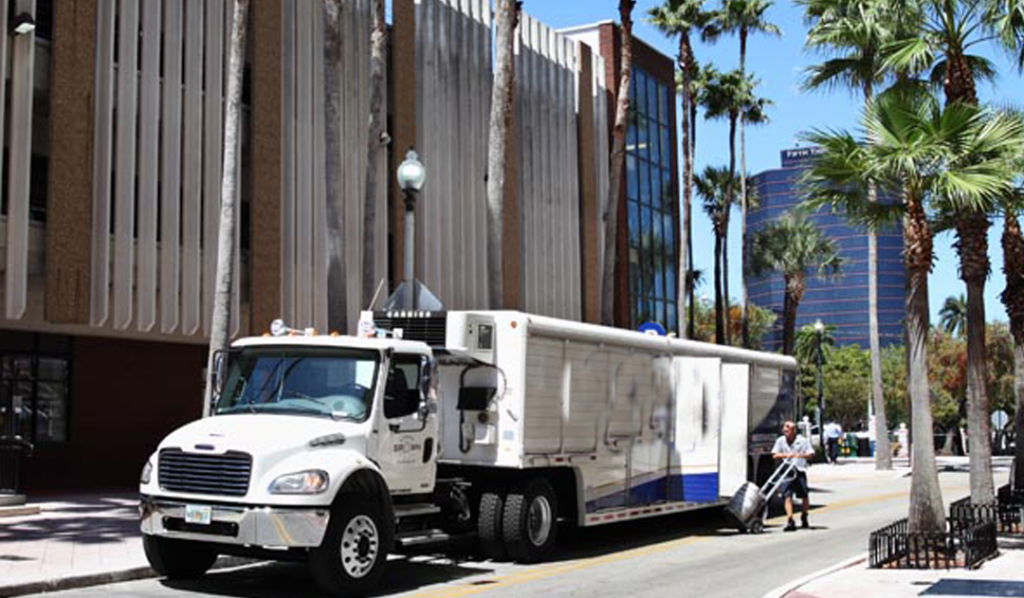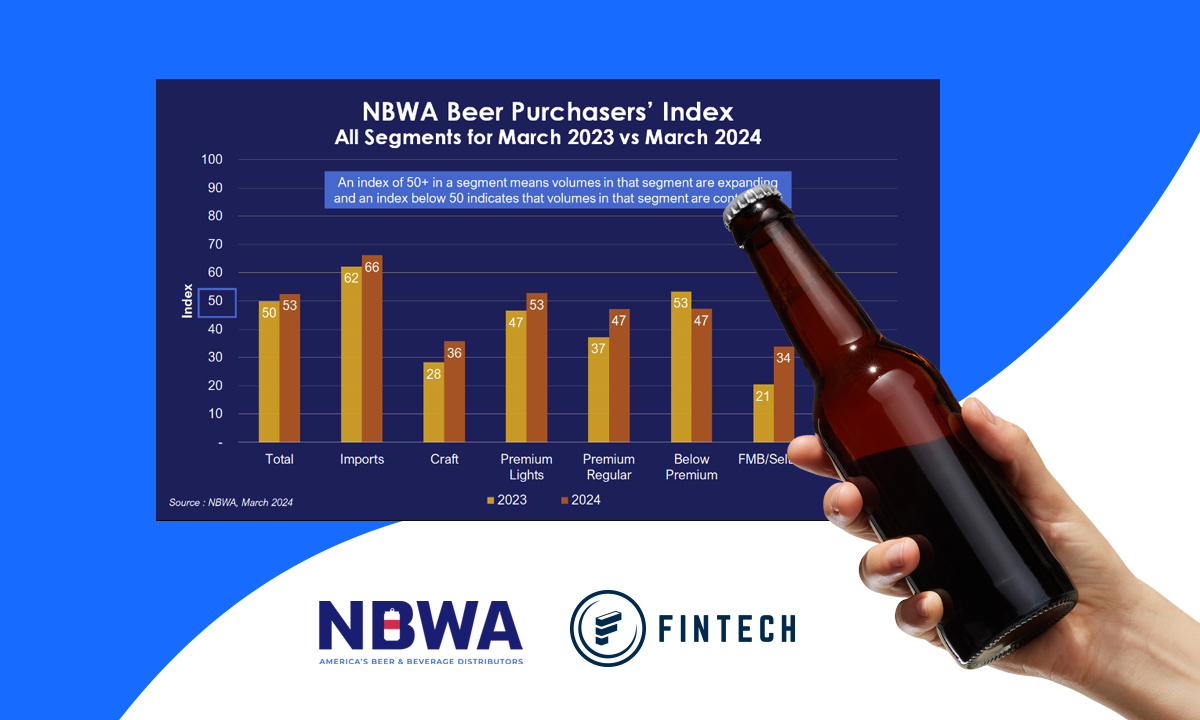If you’re involved in the wholesale or retail tier in the alcohol industry, you likely know that payment terms are highly regulated between wholesalers and retailers. Forty-eight states dictate payment terms, and thirty-three of them require “payment on delivery” for at least one category of alcohol or one classification of retailer. In many cases, these payment terms are referred to as cash on delivery (COD) (cash on delivery), but the reality is that cash isn’t really required at all.
Take the state of Washington, for example – their regulations state that “… a retail licensee must pay cash for spirits, beer, and wine prior to or at the time of delivery.”. But the regulation also goes on to explain that “The board will recognize the following forms of payment as cash….”
- checks
- credit/debit cards
- Electronic Funds Transfer (EFT)
- prepaid accounts.
Thankfully, no COD states actually require cash for transactions between alcohol wholesalers and retailers (save for some specific delinquency and NSF check situations in various states).
But let’s circle back to the second and third bullets in the list … the ones about credit/debit cards and EFT.
Beginning with Florida in 1991, regulators and legislators have recognized the practical necessity for electronic payments in the industry. Pioneered by Fintech, EFT (electronic funds transfer) has been a thriving payment option in COD states for 30 years and continues to be adopted by retailers and distributors at record-setting levels. Today, Fintech facilitates payments for over 700,000 retailer-to-wholesaler business connections across the US.
But we can’t ignore the new kid on the block: credit cards. The demand for credit card payment options is growing, and Fintech is uniquely positioned to meet that demand.
In addition to the thirty-one states that already allow credit card payments for alcohol purchases (from retailers to wholesalers), another two states have legislated and passed bills this year, bringing the total to thirty-three. In each of these states, Fintech is now offering a credit card payment solution in addition to our existing EFT payment solution.
Much to the relief of our distributor partners (and similar to our EFT options), Fintech’s credit card solution makes deliveries and payment management simple:
- It eliminates the burden of complex Payment card industry (PCI) compliance regulations.
- It eliminates the need for scanning devices and time spent at the back door completing card-present transactions, getting drivers back out on their routes faster.
- It streamlines operational processes by allowing credit card invoices to be included in the same daily file with all other EFT invoices.
As always, Fintech has done our homework with regard to credit card regulations in each state and is prepared to help our distributors confidently navigate the implementation of credit card payments with their retailers.
If you’re located in a credit card-approved state and are ready to learn more, contact Wendy Turk, Director of Regulatory Affairs at [email protected].




